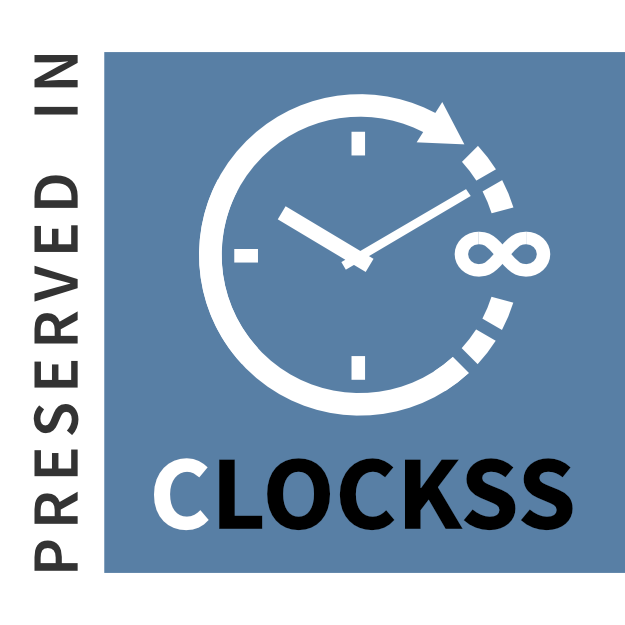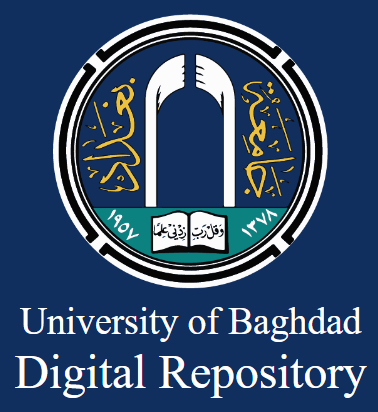التعرضن وآليات اشتغاله في أنموذج العرض المسرحي المتعدد المشاهد (دراسة دراماتورجيه نقديه)
DOI:
https://doi.org/10.35560/jcofarts101/261-280الكلمات المفتاحية:
تعرضن، مسرح، مشاهد، دراماتورجيهالملخص
كان مفهوم التناص واحداً من الاشكاليات التي شغلت اهتمام النقد والنقاد في استهدافه لبنية التعالق النصي بين النصوص وتداخلها في عملية انتاج المعنى. حتى أصبح التناص مصطلحاً قاراً ويمكن رصده في بنية النص المسرحي وتحديد آليات هذا التعالق بين النصوص من خلال حقول وتصانيف اجمع عليها أهم النقاد ممن كتبوا ونظروا في التناص.
ولعل بحثنا السابق (مقاربة التعرضن في الرواق الابستيمولوجي للتناص) كان محاولة لمقابلة اصطلاحيه، عمد إليها الباحث ليرصد من خلال آليات التناص و آليات أخرى مبتكرة اسلوباً نقدياً لقراءة البنية العلائقيه للعرض مثلما هي في النصوص لذا يأتي الجديد في بحثنا (التطبيقي) الحالي انه محاولة تجريبيه اخرى في مجال (التعرضن) هنا ليرصد البنية العلائقيه ذاتها بمحاولة تفعيل آليات (التعرضن) ولكن هذه المرة داخل (المسرحيه الواحده المتعددة المشاهد)، وهنا تكمن فرادة هذه المحاولة في عملية تطبيقية لدراماتورجيا نقديه حيث سيحلل الباحث عرضاً واحدا مؤلفاً من عدة مشاهد على وفق آليات تعالق (العروض المسرحية المتناسلة بالتعرضن) بعد أن أجرى معايشه (دراماتورجيه) للعرض الذي اختاره (كعينة بحث ) ليثبت امكانية توظيف آليات (التعرضن) في تحليل (العرض المتعدد المشاهد) بذات الطريقة النقديه التحليليه التي اشتغل عليها في بحثه السابق . وربما هنا تكمن الجده في هذا البحث حسب تقدير الباحث

التنزيلات
منشور
إصدار
القسم
الرخصة
الحقوق الفكرية (c) 2021 مجلة الاكاديمي

هذا العمل مرخص بموجب Creative Commons Attribution 4.0 International License.












